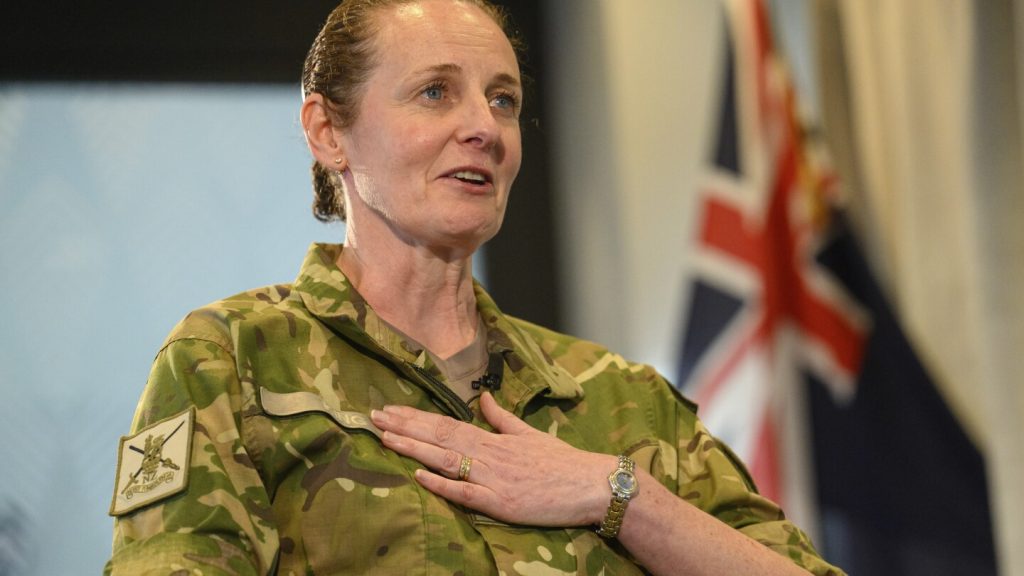The army chief of New Zealand, Maj. Gen. Rose King, expressed concerns about the type of support being offered to Pacific island nations by larger powers such as the U.S. and China. She emphasized the importance of providing the right kind of assistance that these small island nations actually need. This comes amid a growing competition for influence in the Pacific region, with China’s assertive push through the Pacific over the past decade causing alarm among Western powers.
Despite its limited military capabilities, New Zealand has been successful in building trust and forging relationships with Pacific nations through its soft power approach. The country has trained Pacific soldiers for decades and has focused on encouraging diversity of thought among its training partners in the South Pacific Ocean. King highlighted the importance of personal relationships and listening properly, which she believes the U.S. and Australia sometimes struggle with in their interactions with Pacific nations.
The New Zealand army, with a small number of personnel and limited military spending, has been praised for its ability to adapt and foster relationships in the Pacific. The country’s strong Indigenous cultural links with the region, understanding of small-scale operations, and flexibility have been noted as strengths that larger powers could learn from. However, the army faces challenges such as high attrition rates, run-down vehicles and buildings, and cuts in military spending as part of austerity measures in the public sector.
King acknowledged the lack of a strong military service culture among the public in New Zealand, which contrasts with countries like the U.S. where military service is highly respected. As a woman leading the New Zealand army, she hopes to see an increase in the percentage of women in the service, which currently stands at 15%. The army also faces cultural challenges, such as identifying individuals with extremist views, including white supremacists, who may have joined the service.
The changing global environment, including the resurgence of state-on-state conflicts, climate change impacts, and growing demand for humanitarian aid, poses challenges for New Zealand’s army. King emphasized the importance of preparing for the future amid uncertainty and evolving threats. She highlighted the interconnectedness of security issues, such as transnational crime, and stressed the significance of the international rules-based order for a small, trade-based nation like New Zealand.
Overall, the article underscores the complex dynamics at play in the Pacific region, with major powers vying for influence while smaller nations navigate challenges and opportunities in their interactions with these external actors. New Zealand’s approach to building relationships and adapting to changing security threats serves as a model for other countries seeking to navigate the geopolitical landscape in the Pacific. Despite its limitations, the New Zealand army’s focus on understanding the specific needs of Pacific nations and fostering trust and cooperation has been key to its success in the region.


